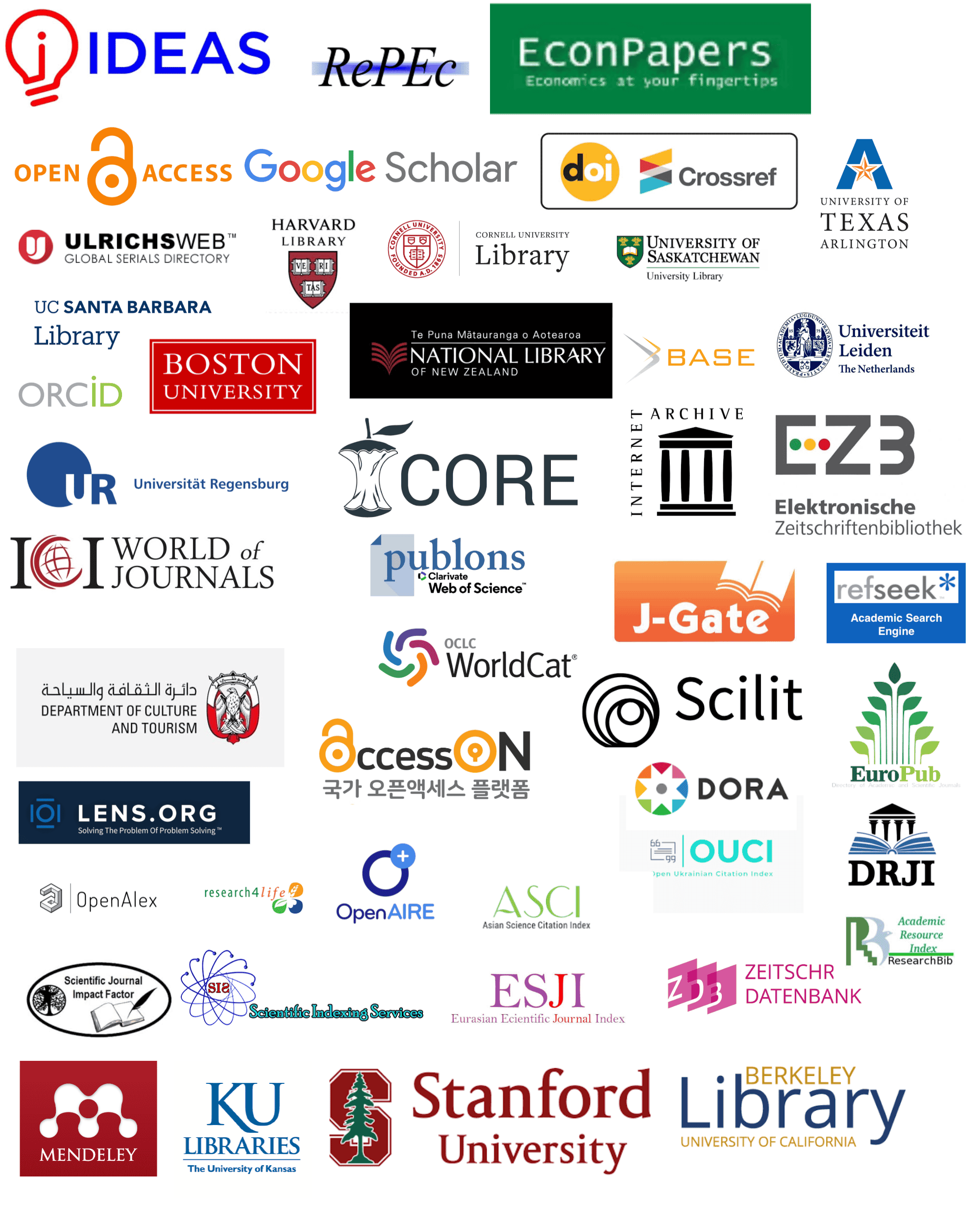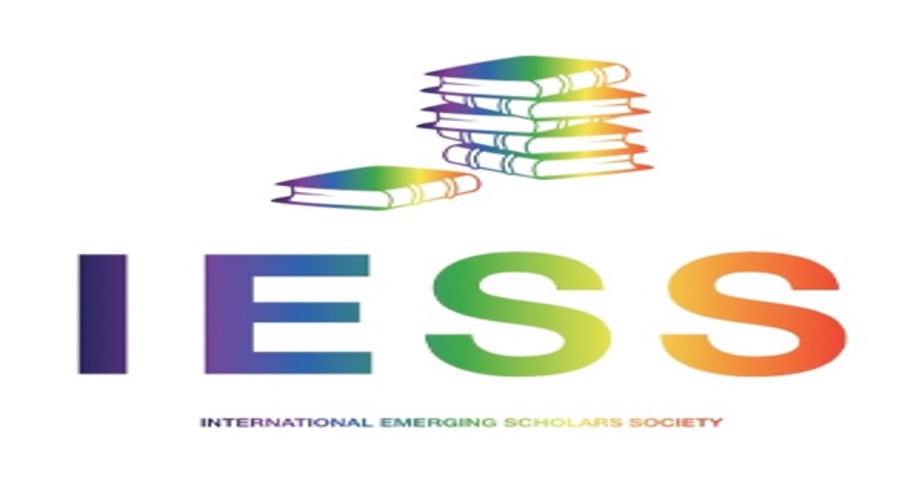Effect of information quality on supply chain performance through information sharing: Evidence from construction industry in Indonesia
DOI:
https://doi.org/10.56879/ijbm.v3i2.46Keywords:
Information Quality; Information Sharing; Supply Chain Performance; Construction Industry; IndonesiaAbstract
The construction industry is an economic sector that requires strong collaboration between various parties in the supply chain. This study aims to analyze the effect of information quality on supply chain performance through information sharing in the construction industry. This study uses a quantitative approach by collecting data through surveys of developers, consultants, contractors and suppliers involved in the process of building office and apartment buildings in Jakarta. The collected data was analyzed by using Structural Equation Modeling – Partial Least Squares (SEM-PLS 4.0). Out of 100 respondents, 22% were developers, 19% were consultants, 35% were contractors, and 24% were suppliers. The findings show that there is a positive effect of information quality on information sharing. In addition, information sharing practices are also proven to mediate the effect of information quality on supply chain performance. These findings emphasize the importance of information quality in improving supply chain performance through information sharing. These findings can also contribute to the literature on supply chain management, with a particular focus on the construction industry context. The practical implication of this research is that with quality information quality and effective information sharing, companies can carry out better planning and scheduling, reduce uncertainty, and increase operational efficiency.
Downloads
Published
Issue
Section
License
Copyright (c) 2024 Ayub Rahayu, Niken Sulistyowati (Author)

This work is licensed under a Creative Commons Attribution 4.0 International License.


